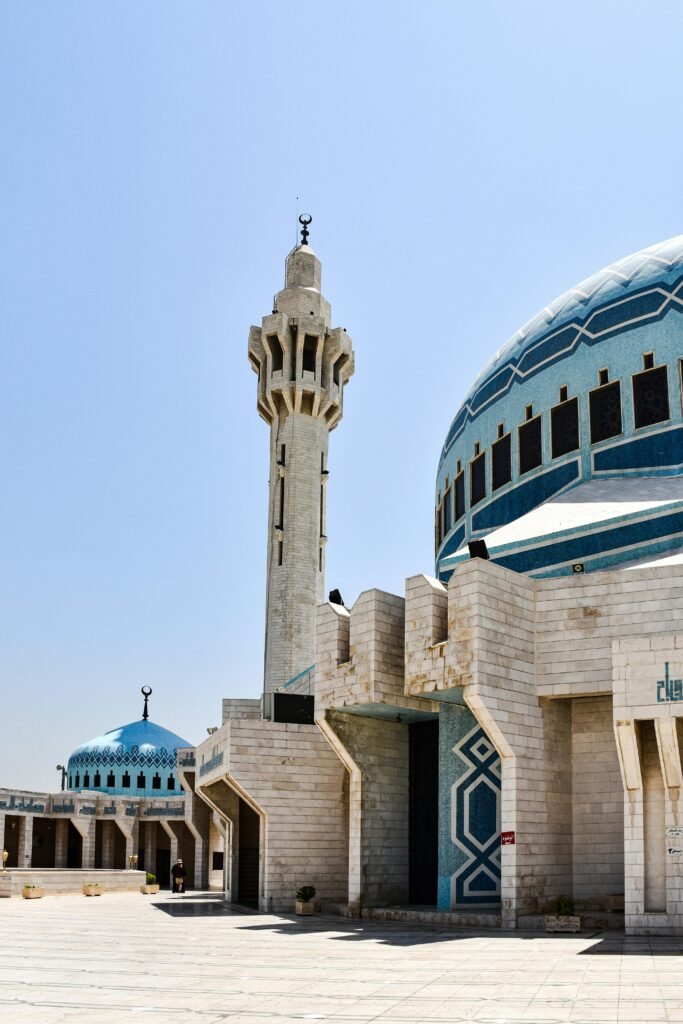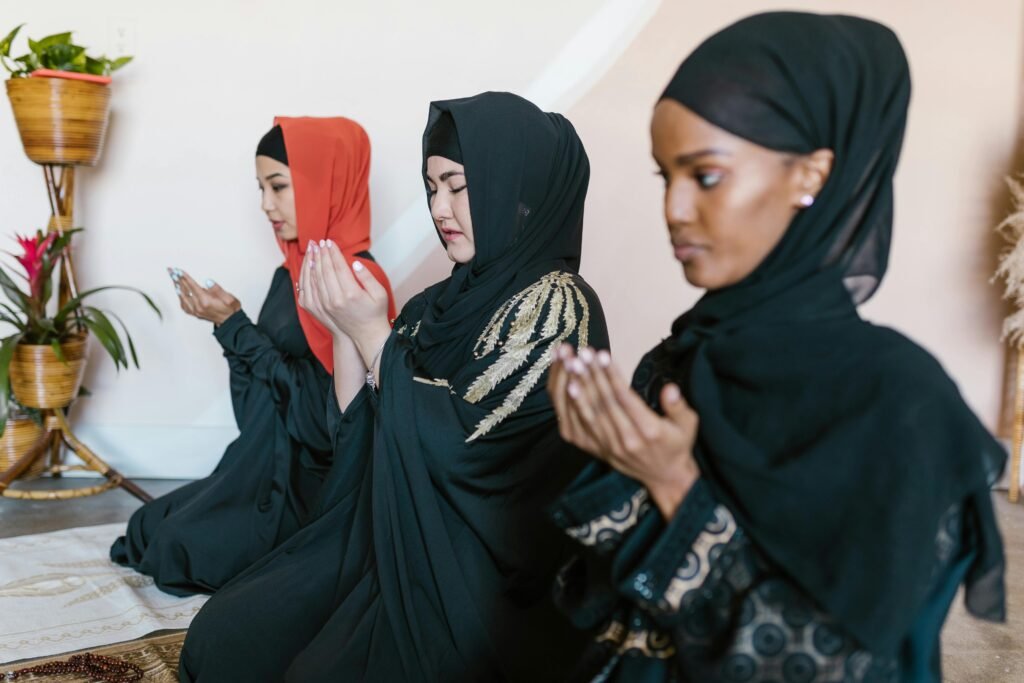Islamic News: Beliefs, And New Modern Islamic Relevance
In an era where information is abundant yet often fragmented, Islamic News serves as a vital conduit for understanding the profound and multifaceted nature of Islam. By exploring foundational concepts such as the Islamic Hijri calendar, Islamic New Year, Eid celebrations, and the practices of Roza (fasting) and Salah (prayer), we aim to provide a comprehensive overview that resonates with both adherents and those seeking knowledge about this influential faith.

What Is Islam?
Islam is a monotheistic religion that emerged in the 7th century CE in the Arabian Peninsula. The term “Islam” derives from the Arabic word “Salaam,” meaning peace, signifying the peace attained through submission to the will of Allah (God). Muslims believe that Islam is the final and complete revelation of God’s guidance to humanity, delivered through the Prophet Muhammad.
At its core, Islam emphasizes the oneness of God, the importance of following the teachings of the Prophet Muhammad, and the guidance provided in the Qur’an and Hadith. The faith encompasses a comprehensive way of life, offering spiritual, ethical, and social directives that aim to cultivate justice, compassion, and harmony among individuals and communities.
The Islamic Hijri Calendar and Islamic New Year
The Islamic calendar, known as the Hijri calendar, is a lunar calendar consisting of 12 months in a year of 354 or 355 days. It began in 622 CE, marking the migration (Hijrah) of Prophet Muhammad from Mecca to Medina. This event signifies the establishment of the first Muslim community and is a pivotal moment in Islamic history.
The Islamic New Year occurs on the first day of Muharram, the first month of the Hijri calendar. While not celebrated with the same fervor as other Islamic holidays, it serves as a time for reflection and spiritual renewal. The Islamic New Year reminds Muslims of the importance of beginnings and the continuous journey towards personal and communal betterment.
Eid: Celebrations of Gratitude and Unity
Eid al-Fitr and Eid al-Adha are two significant festivals in Islam, each with its own unique significance and traditions.
- Eid al-Fitr: Celebrated at the end of Ramadan, the month of fasting, Eid al-Fitr is a joyous occasion marking the end of a period of spiritual reflection and self-discipline. It is a time for communal prayers, feasting, and giving thanks to Allah for the strength to complete the fast. Muslims also engage in acts of charity, such as giving Zakat al-Fitr, to assist those in need.
- Eid al-Adha: Known as the Festival of Sacrifice, Eid al-Adha commemorates the willingness of Prophet Ibrahim (Abraham) to sacrifice his son in obedience to God’s command. Before the act could be carried out, Allah provided a ram to be sacrificed in his place. Muslims around the world honor this event by performing the Qurbani (sacrifice) of an animal, with the meat distributed among family, friends, and the less fortunate.
Both Eids are times of communal prayer, feasting, and acts of charity, reinforcing the values of gratitude, unity, and compassion within the Muslim community.
Roza (Fasting) and Salah (Prayer): Pillars of Worship
Roza (Fasting) and Salah (Prayer) are fundamental acts of worship in Islam, deeply embedded in the daily lives of Muslims.
- Roza (Fasting): Observed during the month of Ramadan, fasting involves abstaining from food, drink, and other physical needs from dawn until sunset. It is a time for spiritual reflection, increased devotion, and worship. Fasting serves to cultivate self-discipline, empathy for the less fortunate, and a closer connection to Allah.
- Salah (Prayer): Muslims are required to perform five daily prayers at prescribed times throughout the day. These prayers serve as a direct link between the worshiper and Allah, providing moments of reflection, gratitude, and supplication. The regularity of Salah instills discipline and mindfulness, fostering a sense of spiritual connection and community.
Islamic History: A Tapestry of Faith and Civilization

The history of Islam is rich and diverse, spanning over fourteen centuries and encompassing a multitude of cultures, regions, and civilizations. From the early days in Mecca and Medina to the expansive empires of the Umayyads, Abbasids, Ottomans, and beyond, Islamic history is marked by periods of intellectual flourishing, cultural exchange, and social development.
Key events such as the establishment of the first Islamic state, the compilation of the Qur’an, the spread of Islamic civilization through trade and conquest, and the contributions of Muslim scholars in fields like science, medicine, mathematics, and philosophy have left an indelible mark on world history.
Modern Islamic Relevance: Navigating Tradition and Change
In the contemporary world, Islamic News plays a crucial role in bridging the gap between traditional teachings and modern realities. As societies evolve, so too does the interpretation and application of Islamic principles. Issues such as gender equality, environmental stewardship, social justice, and interfaith dialogue are increasingly being addressed through an Islamic lens.
Movements like Islamic Modernism seek to reconcile Islamic values with contemporary ideals, advocating for a reinterpretation of Islamic teachings that aligns with modern sensibilities. This approach emphasizes the adaptability of Islam and its capacity to provide guidance in addressing the challenges of the modern world.
Furthermore, the rise of digital platforms has transformed the dissemination of Islamic knowledge. Online lectures, virtual study circles, and digital publications have made Islamic teachings more accessible to a global audience, fostering a more informed and connected Muslim community.
The Rise of the Caliphate
The Rashidun Caliphate (632–661 CE)
Following the death of Prophet Muhammad (PBUH), the leadership of the Muslim community passed to the four Rightly Guided Caliphs:
- Abu Bakr (632–634 CE)
- Umar ibn al-Khattab (634–644 CE)
- Uthman ibn Affan (644–656 CE)
- Ali ibn Abi Talib (656–661 CE)
This period is characterized by rapid territorial expansion, the compilation of the Qur’an, and the establishment of administrative structures. The Caliphate’s authority was recognized across vast regions, from the Arabian Peninsula to parts of the Byzantine and Sassanian empires.
The Role of Islamic News in Contemporary Society
Islamic News serves as a vital resource for Muslims and non-Muslims alike, providing insights into the diverse and dynamic world of Islam. It offers coverage on a range of topics, including religious practices, cultural events, social issues, and global affairs, all through an Islamic perspective.
By staying informed through Islamic News, individuals can gain a deeper understanding of the challenges and triumphs of Muslim communities worldwide, fostering empathy, respect, and cooperation among different cultures and faiths.
Conclusion
Islam is a faith that encompasses a rich tapestry of beliefs, practices, and traditions, each contributing to the holistic development of individuals and communities. From the foundational principles of monotheism and prophethood to the observance of rituals like fasting and prayer, Islam offers a comprehensive framework for living a life of purpose, compassion, and justice.
In the modern world, Islamic News plays an essential role in keeping the Muslim community informed and connected, ensuring that the teachings of Islam continue to resonate and guide in an ever-changing global landscape. By embracing both tradition and innovation, Islam remains a vibrant and relevant force in the lives of millions around the world.
Learn more about Islamic History
